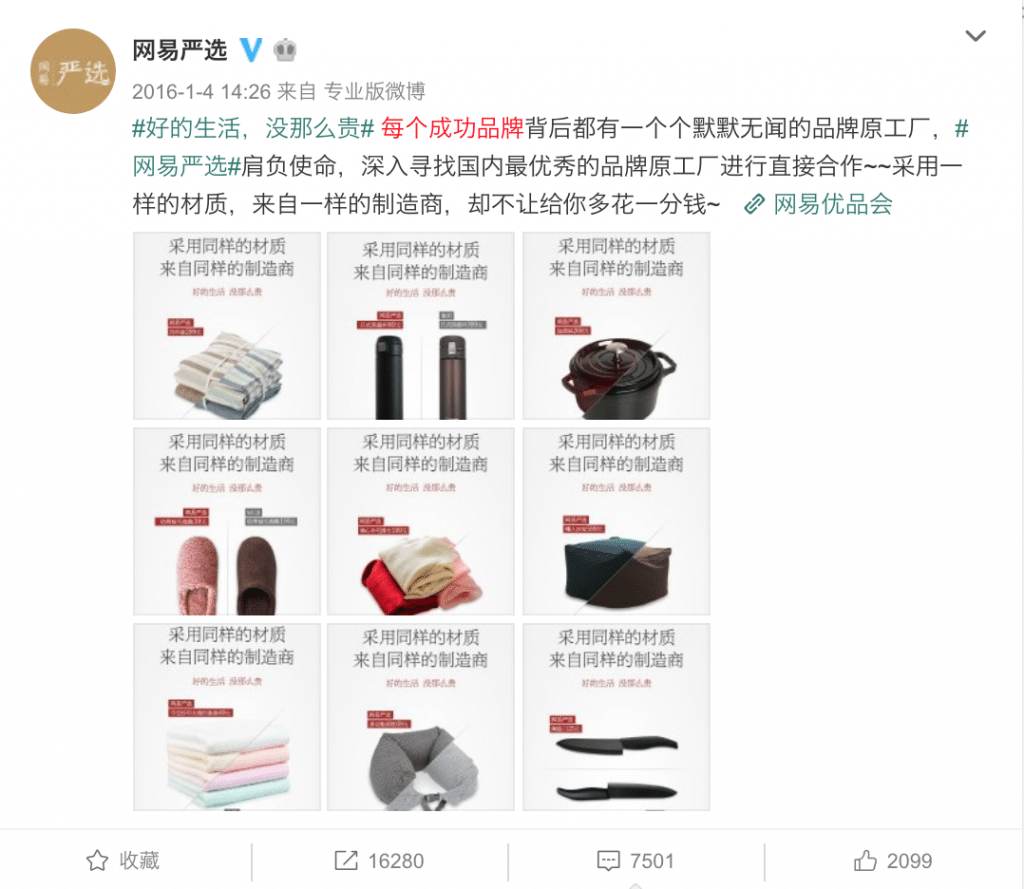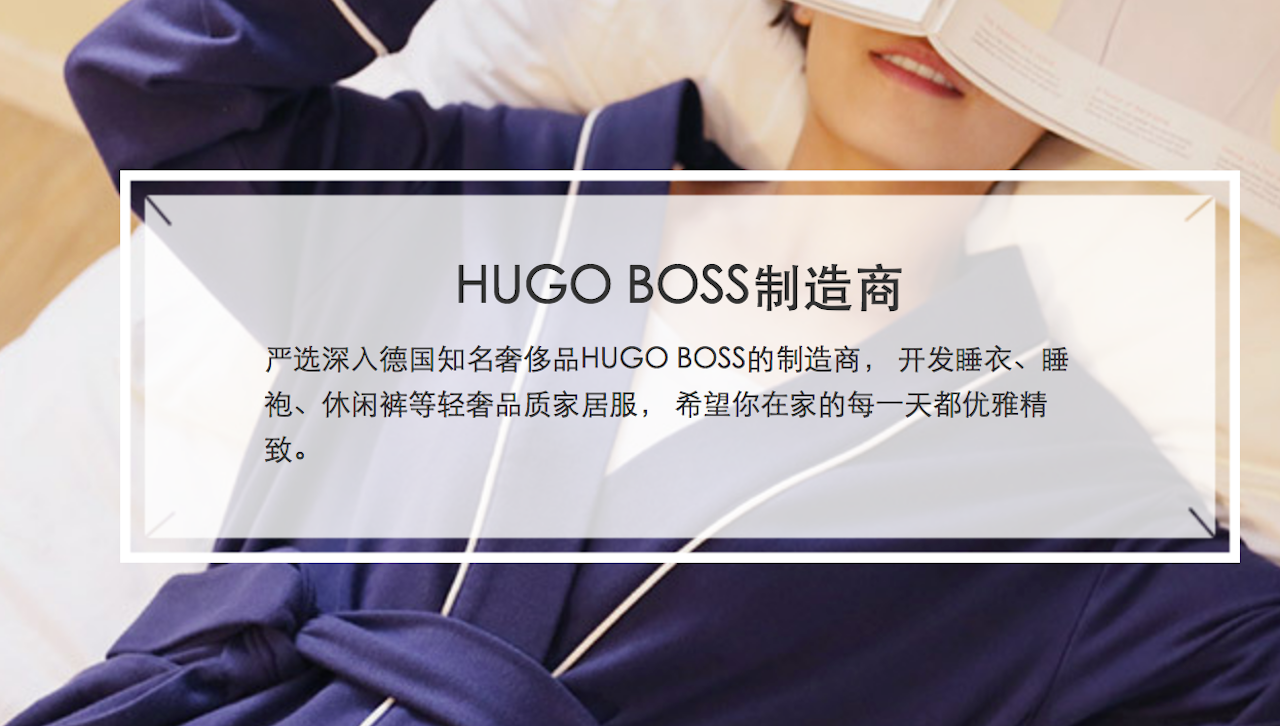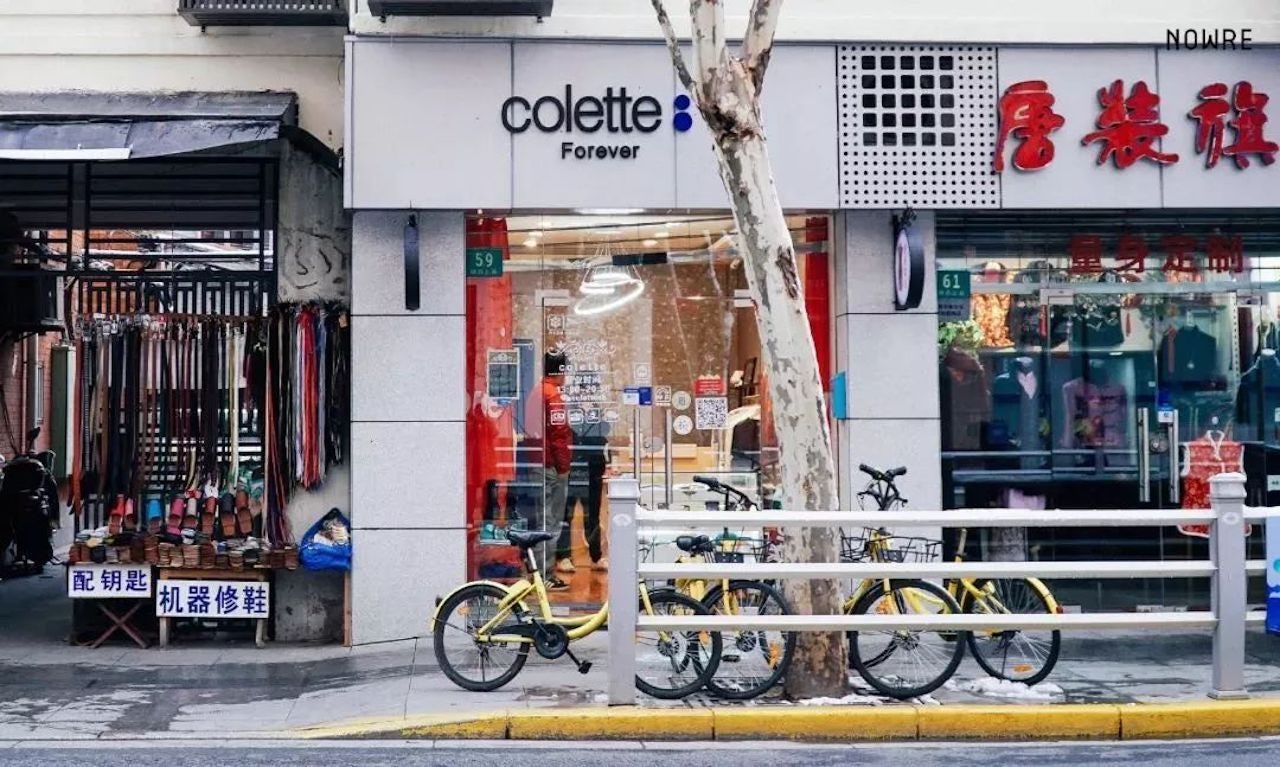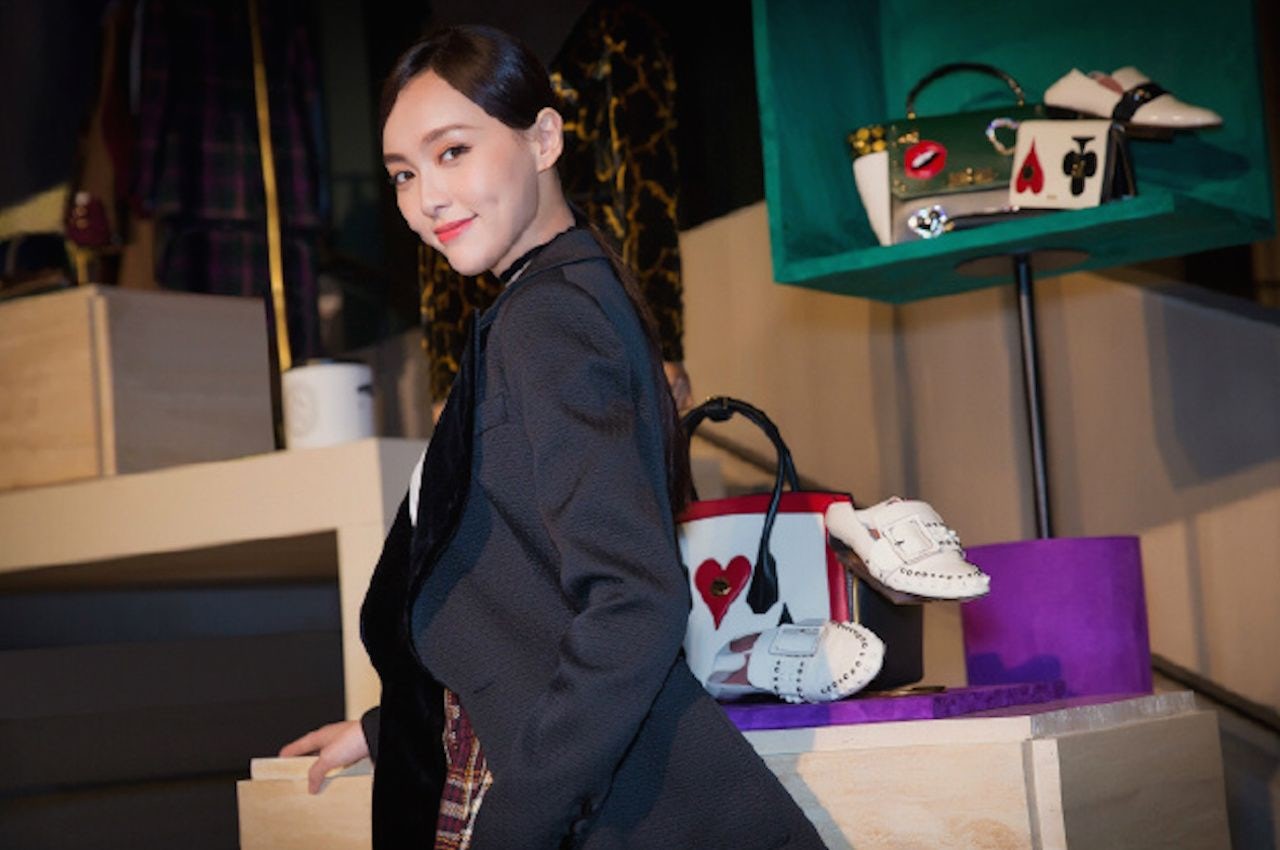In China, who is and isn't a copycat is open to interpretation.
While many brands are actively struggling to clear counterfeit items from Chinese e-commerce sites, NetEase is now working directly with the manufacturers for brands like Gucci, Burberry, and Rimowa to produce unbranded items for its site, Yanxuan. They claim the quality of these items is the same as those from luxury brands, but at much lower prices.
The e-commerce platform made its debut with a controversial Weibo post. It shared nine pictures comparing products side by side. Those on the left were made for Yanxuan, while those on the right were made for established brands. Yanxuan's items look similar, but cost up to ten times less.

Netizens questioned the practicality and ethics of the business model. “Chinese factories prepare to run out of business if they take up this kind of offer,” said Weibo user Hardworking Moonlight. Others drew a similarity between NetEase and Zara, saying the fast fashion brand makes money by imitating the latest fashions.
This controversial post was first seen back in 2016. Fast forward two years and Yanxuan has proved Chinese consumers aren't all as scrupulous as the aforementioned Hardworking Moonlight. According to NetEase's Q4 2017 financial report, its e-commerce business, including Yanxuan and cross-border platform Kaola, together generated net revenues of 715.3 million. The company's founder, Ding Lei, said they are looking to bump this number up to 3 billion in 2018, which puts them in similar territory to e-commerce giants Taobao and JD.com.
Listed on NASDAQ since 2002, NetEase is known as one of largest internet and video game companies in the world. It entered the e-commerce business just three years ago.
Copycat or Not, It Comes Down to ODM#
The lightning-fast success of Yanxuan can be attributed to its unique business model. They work with ODMs (Original Design Manufacturers), who are capable of creating their own designs and claiming IP ownership. This design capability is what distinguishes it from traditional OEMs (Original Equipment Manufacturers), who focus only on manufacturing products according to their brand clients' designs.
Steve Harris, an attorney with Harris Bricken, wrote that in the case of OEMs, it’s common for the Chinese factory to claim that since the factory did all the Ramp;D and commercialization work, the factory owns the IP of the final product design.
Manufacturers who partner with NetEase should raise the eyebrows of luxury brands concerned about keeping their designs exclusive.
Is This a Win-Win-Win Situation?#
For some factories, it's definitely a win.
A number of factories in China face an existential threat. Many luxury brands are choosing to move their factories out of the country due to rising labor costs. Consequently, in order to survive, the factories have to move up the value chain and invent new ways of staying relevant. Textile company Shangdong Ruyi is a particularly notable example. They're in the process of transitioning from a traditional manufacturer to owning their own luxury brands through some aggressive acquisitions.
Smaller factories without the resources to acquire established brands may struggle to create a brand that will sell well, even if they are able to produce quality goods. Manufacturing for Yanxuan offers them a channel to build a consistent revenue stream.
It's also a win for NetEase. The ODM model has also given NetEase the opportunity to participate in China's e-commerce boom despite being late to the party. The company found a niche market that big e-commerce hasn't yet locked down — accessories and home furnishings that contribute to a more modest but high-quality lifestyle, a popular consumer trends in China nowadays.
NetEase has said using the ODM model means they are able to save on marketing, a huge cost that luxury brands pass on to consumers. Consumers win too.
Benefiting consumers, factories and Netease itself, the business model nevertheless seems like a loss for established brands.
Should Luxury Brands Be Worried?#
Many have questioned how long Yanxuan can last, how much bigger it can grow, and whether it will threaten luxury brands' business.
Because the appeal of the site is all about offering quality goods at a low price, it's catering to value shoppers who are less likely to purchase full-priced luxury goods.
Even though Yanxuan shares the same manufacturers with luxury brands, the promise of the same quality goods is no guarantee. Cao Lei, director of the China Electronic Commerce Research Center, explained that factories usually have several production lines, and there are many different production processes, production standards, and raw materials. “It's likely the factory uses one line for a large brand manufacturer, and another for other brands, which could follow different production standard.”
In the event that consumers complain about the quality of Yanxuan products (something we have seen on Weibo), it’s NetEase who takes the blame, not the factory or the luxury brands.


